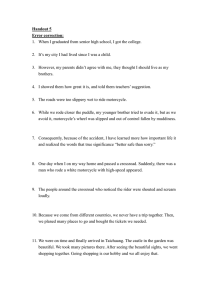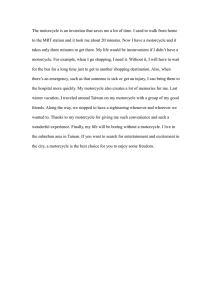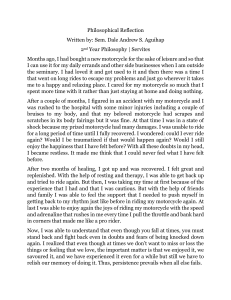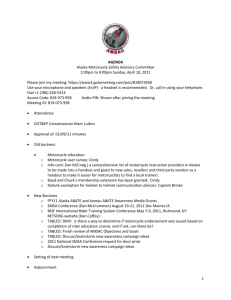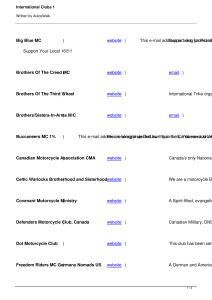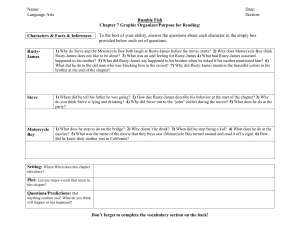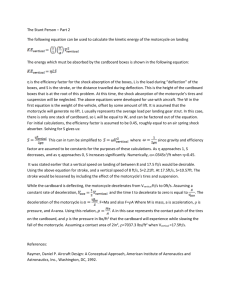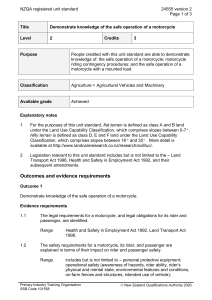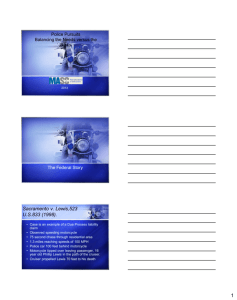1111530602_331441
advertisement
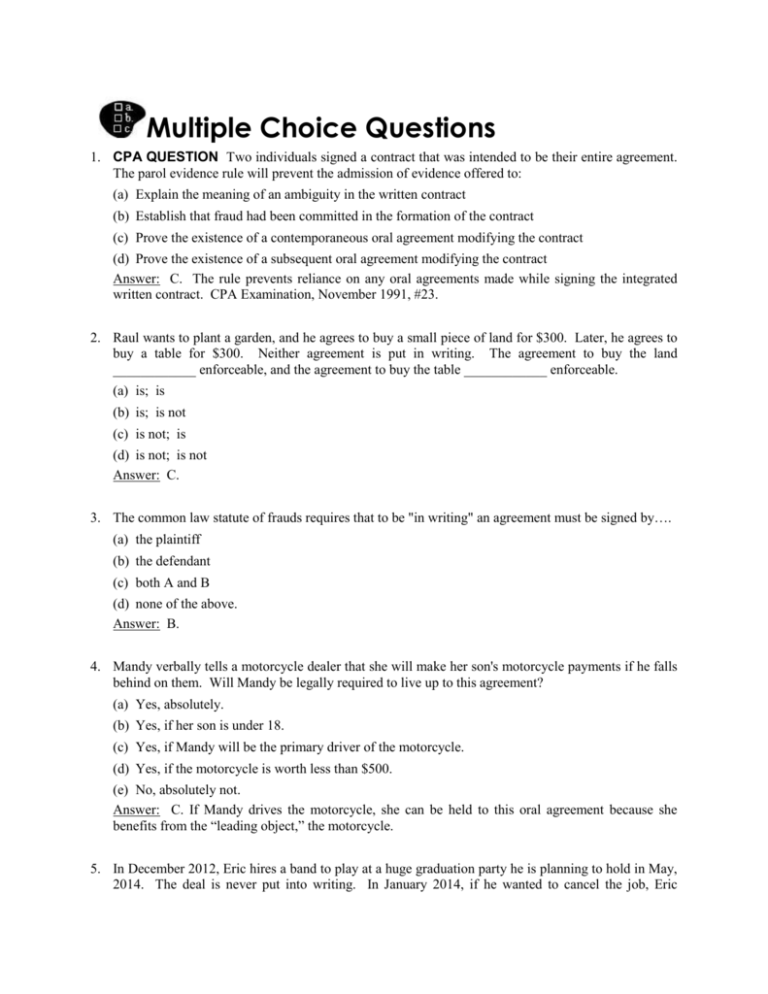
Multiple Choice Questions 1. CPA QUESTION Two individuals signed a contract that was intended to be their entire agreement. The parol evidence rule will prevent the admission of evidence offered to: (a) Explain the meaning of an ambiguity in the written contract (b) Establish that fraud had been committed in the formation of the contract (c) Prove the existence of a contemporaneous oral agreement modifying the contract (d) Prove the existence of a subsequent oral agreement modifying the contract Answer: C. The rule prevents reliance on any oral agreements made while signing the integrated written contract. CPA Examination, November 1991, #23. 2. Raul wants to plant a garden, and he agrees to buy a small piece of land for $300. Later, he agrees to buy a table for $300. Neither agreement is put in writing. The agreement to buy the land ____________ enforceable, and the agreement to buy the table ____________ enforceable. (a) is; is (b) is; is not (c) is not; is (d) is not; is not Answer: C. 3. The common law statute of frauds requires that to be "in writing" an agreement must be signed by…. (a) the plaintiff (b) the defendant (c) both A and B (d) none of the above. Answer: B. 4. Mandy verbally tells a motorcycle dealer that she will make her son's motorcycle payments if he falls behind on them. Will Mandy be legally required to live up to this agreement? (a) Yes, absolutely. (b) Yes, if her son is under 18. (c) Yes, if Mandy will be the primary driver of the motorcycle. (d) Yes, if the motorcycle is worth less than $500. (e) No, absolutely not. Answer: C. If Mandy drives the motorcycle, she can be held to this oral agreement because she benefits from the “leading object,” the motorcycle. 5. In December 2012, Eric hires a band to play at a huge graduation party he is planning to hold in May, 2014. The deal is never put into writing. In January 2014, if he wanted to cancel the job, Eric _____________ be able to do so. If he does not cancel, and if the band shows up and plays at the party in May, 2014. Eric ______________ have to pay them. (a) will; will (b) will; will not (c) will not; will (d) will not; will not Answer: A.

